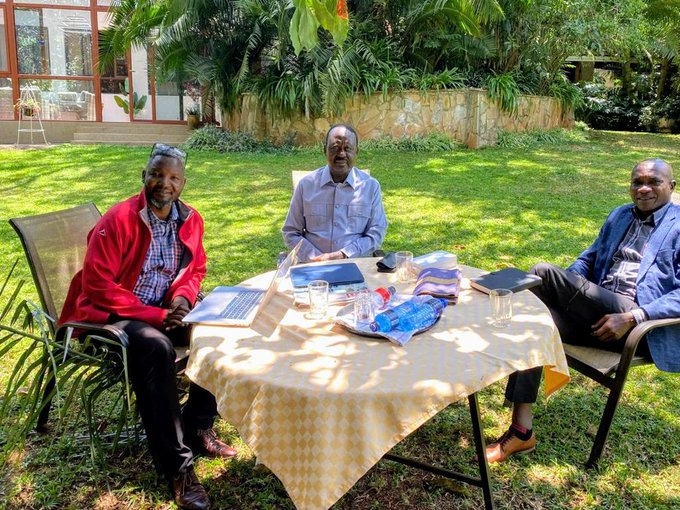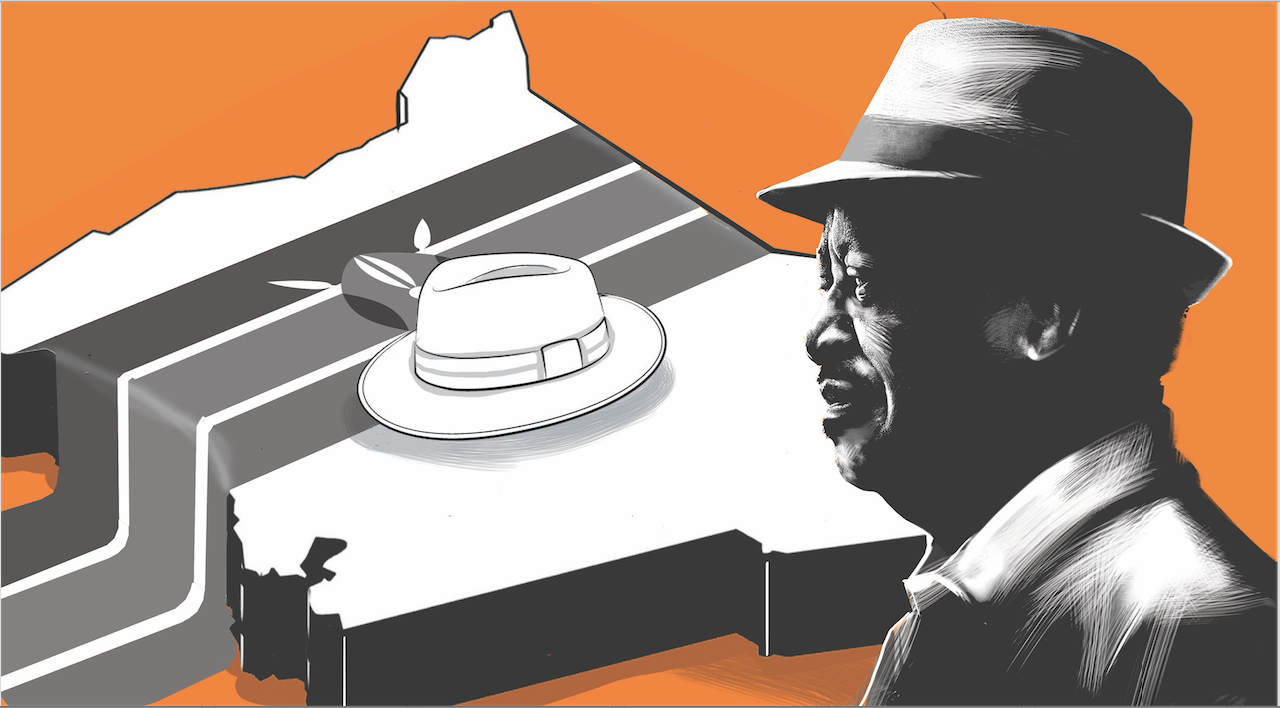

If Raila Odinga’s life were a mirror, what would it reveal about us? Would it show a country that has honoured the freedoms he fought?
His death on October 15 closes a monumental chapter in Kenya’s political history, but it also opens another; one that tests whether the values he embodied can outlive the man.
As Kenya moves toward the 2027 election, the measure of Raila’s legacy will be in whether citizens and leaders alike can rekindle the courage, integrity and conviction that defined his public life.
Raila’s story is inextricably linked to the country’s struggle to reclaim its voice. Still, his life also reminds us that democracy, once won, must be constantly defended.
Raila was among a generation of reformers who fought alongside civil society activists, student leaders, church figures and grassroots organisers to defeat one-party rule and state impunity.
The fight for multi-party democracy in the late 1980s and early 1990s came at great personal cost. Prisons, detentions and exiles were the price of demanding accountability and inclusion. That history matters today, as the nation grapples with shrinking civic space and the erosion of public trust in institutions.
Raila’s role in this struggle was distinctive. His fingerprints are visible in several defining moments, including the unity of the opposition that led to Kanu’s four-decade autocratic rule coming to an end in 2002, the creation of the 2010 constitution and successive movements that challenged authoritarianism, corruption and exclusion.
Whether or not one agreed with his politics, few would dispute that he expanded the possibilities of leadership beyond tribe and patronage. However, the truest test of legacy is not what one achieved but what others do after.
Raila’s death challenges Kenya to confront and end the vices he fought. This matters because the ideals that drove the reform movement, including justice, equity and participatory governance, now face new threats.
Economic inequality has deepened; corruption remains entrenched; and the institutions meant to safeguard the constitution are under siege from political interference and public disillusionment.
The energy of reform that once united Kenyans has dimmed, replaced by transactional politics and generational fatigue.
As the 2027 election approaches, Raila’s legacy should challenge us to put an end to these injustices, because Kenya’s political class has grown adept at invoking his name while abandoning the principles he stood for.
To truly honour his contribution is to reject the politics of personality and invest in the politics of purpose, where integrity outweighs ambition, and service replaces self-interest.
His life also offers lessons for a new generation. Raila did not inherit power; he earned influence through persistence. None of this means romanticising him. Like all human beings, Raila was fallible. His political decisions were sometimes questionable, but even with this, his critics acknowledge that he expanded the boundaries of what dissent and democracy could look like in Kenya.
Former UK prime minister Benjamin Disraeli once said, “The legacy of heroes is the memory of a great name and the inheritance of a great example.” Raila leaves both: the name and the example.
However, examples fade unless they are put into action. The freedoms Kenya enjoys today, the right to organise, to speak and more, were hard-won. They can as easily be lost through neglect as through repression.
Raila’s death invites national introspection and demands that we revive the civic courage that once filled the streets, churches, and chambers of Parliament with voices calling for change.
Program Manager for Inclusion and Political Justice at the Kenya Human Rights Commission












